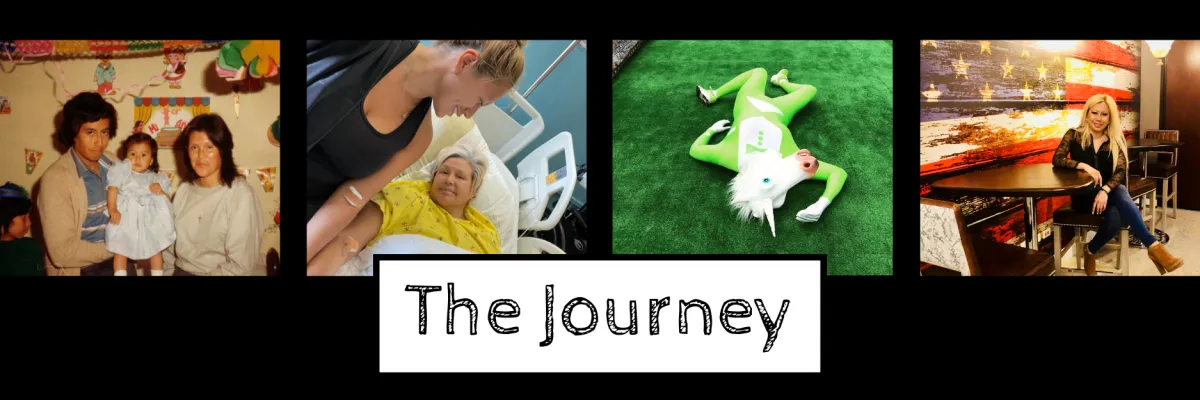
My story: No accolades. Just raw me, unfiltered, and real.
From Darkness to Purpose: How My Deepest Pain Led Me to the Life I Love
Fifteen years ago, I couldn’t imagine the life I live today.
I was just 24 when my mom had a massive stroke. She was only 49. She nearly died—three times. From that moment on, everything changed. She survived, but her life was never the same. She was left in a wheelchair, and in an instant, I went from a daughter focused on the future to a caregiver navigating hospitals, fear, and survival.
We didn't understand why her? She was so healthy, fit, and conscious about wellness. She worked out and played sports twice a day—even more than I did in my twenties. It wasn’t her lifestyle. It was a rare genetic malfunction in her veins and a slow flow of blood in her system.
But let’s start from the beginning...
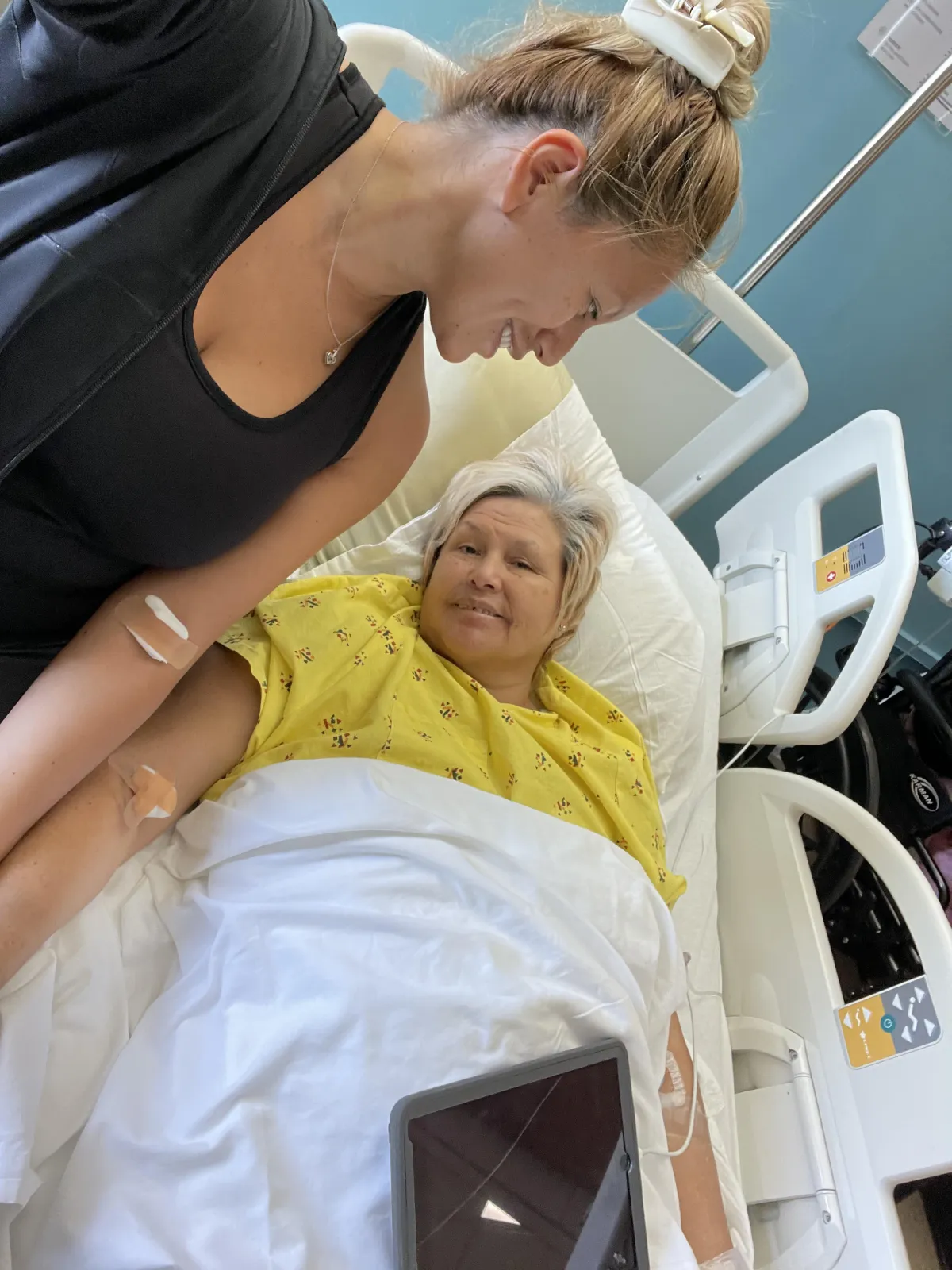
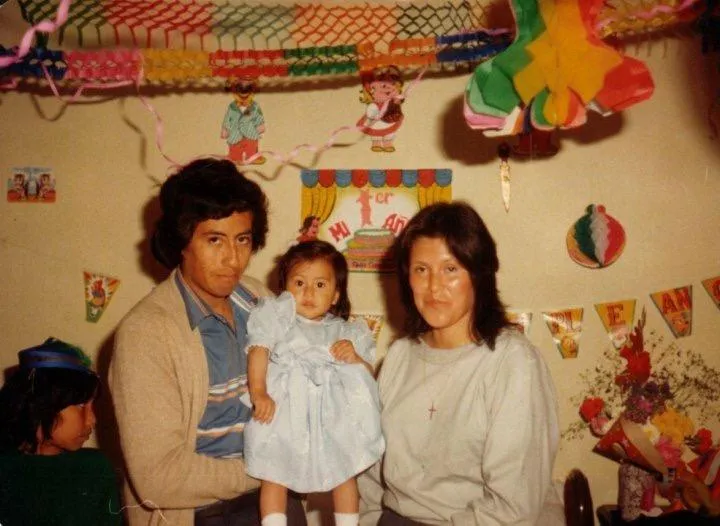
I was born in Lima, Peru during the turbulent 1980s—a decade marked by fear, instability, and resilience. The streets echoed with uncertainty. My parents remember it like a movie: nights filled with the flicker of candlelight during citywide blackouts, the distant booms of car bombs from the Shining Path terrorist group, and whispers from adults about who had disappeared or been caught in the crossfire.
Families lived on edge, always prepared for the next explosion. Under President Alan García’s first term, Peru was spiraling—hyperinflation made groceries unaffordable, and violence crept into even the most ordinary corners of life.
As soon as my dad, a telecommunications engineer, got an opportunity to transfer with his company, Telefónica, to Spain—he took it. It was the beginning of a better, more stable life. He had been working during a time when the groundwork for telecommunications was literally being laid across Latin America. That opportunity abroad represented more than a job—it was a lifeline. My parents knew Peru wasn’t a place to raise young daughters, and although it was a bold and painful decision, they left behind everything: their careers, grandma, their extended families, their identity as they knew it.
We landed in Madrid, Spain—suddenly immigrants in a land that spoke the same language, but with a completely different soul. Spain, for me, was a pause button on chaos, I was five years old. There were no sirens, no blackouts. We could walk the streets without fear. Spain gave me laughter, safety, and space to dream as a child.
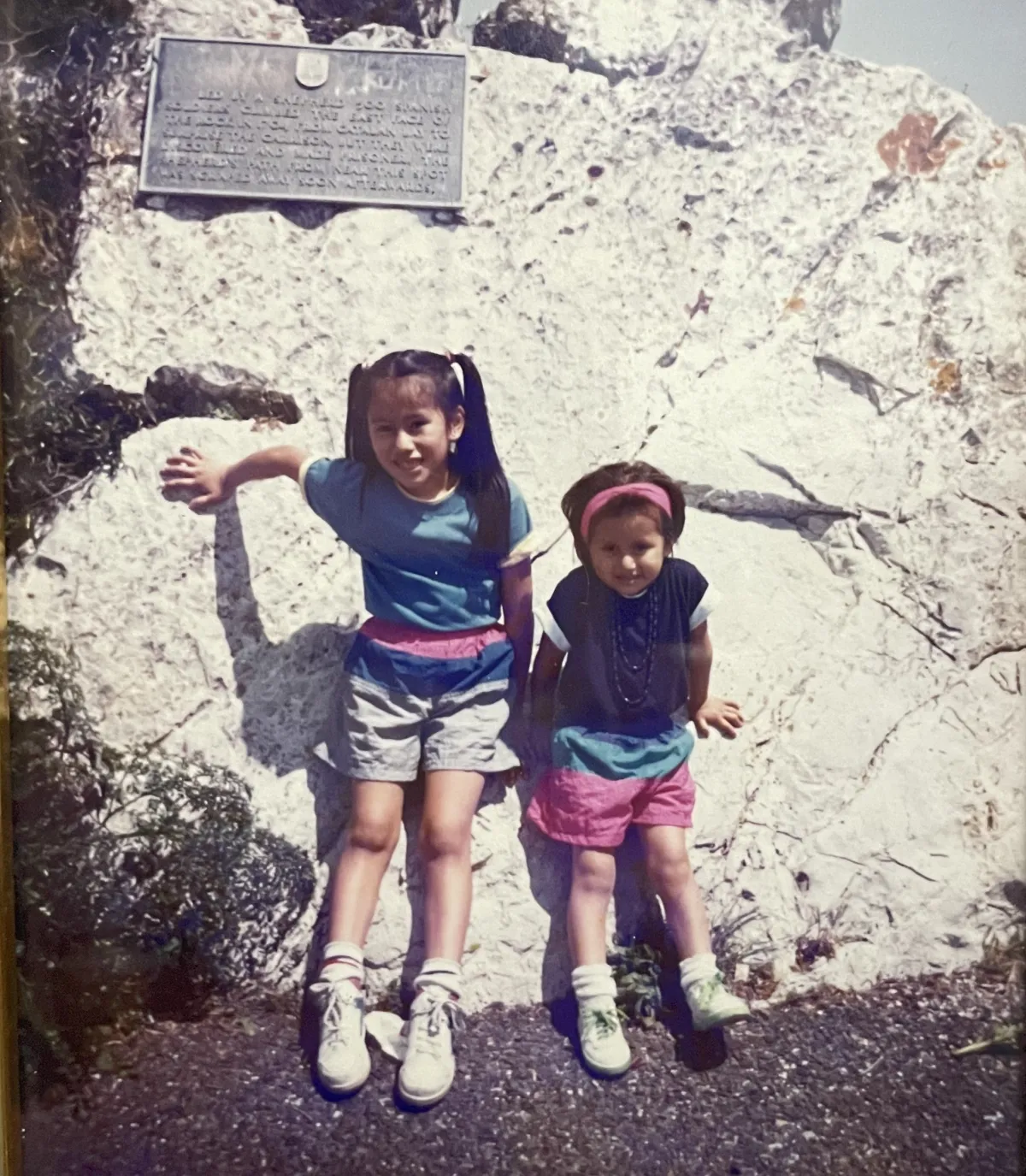
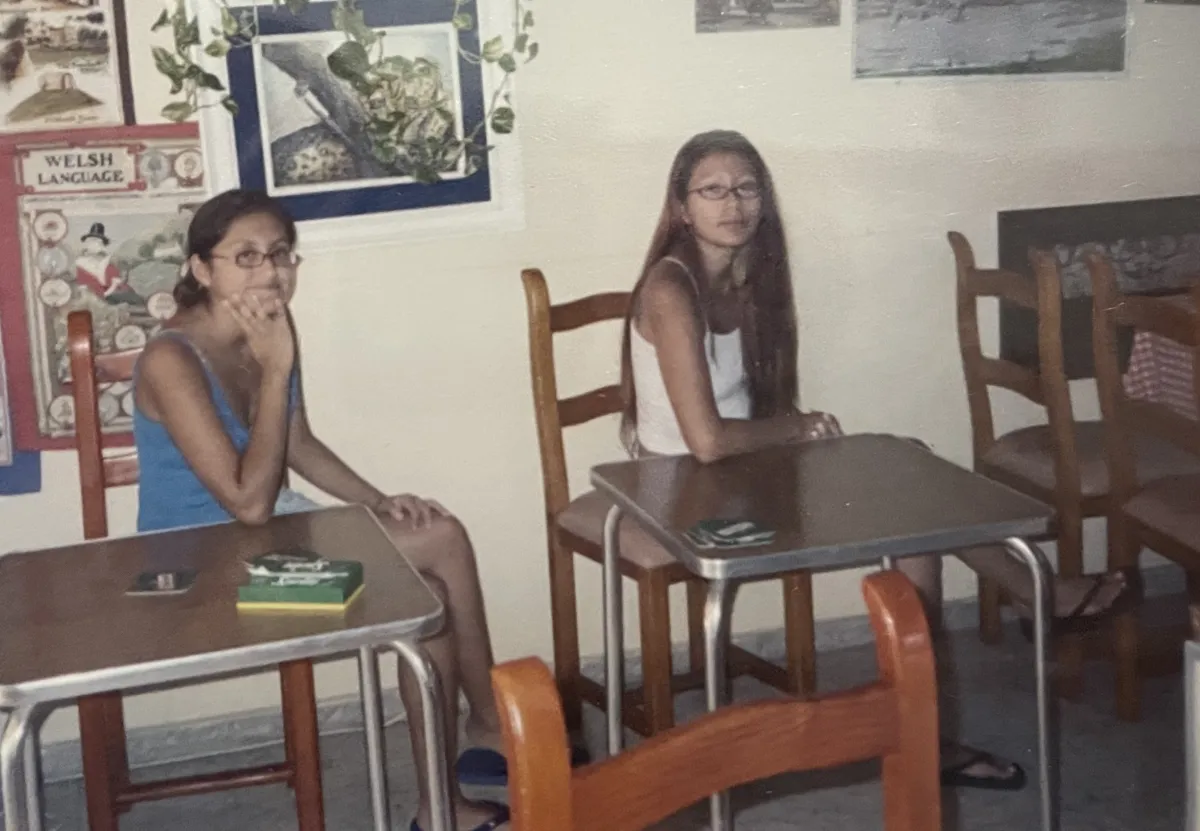
Eventually, we returned to Lima late 1990s, once again due to my dad’s job—now in a higher role within the corporate hierarchy. But I was not the same girl who had left. My parents enrolled me in a strict Catholic school run by nuns, where silence was considered a virtue and obedience was the currency. Let’s just say conformity was not my thing—and that didn’t go unnoticed. I was quickly labeled the black sheep, the troubled child, the C-student who, according to them, wasn’t going to amount to anything.
As a teen, it felt like a prison for me. Creativity was neither encouraged nor celebrated. In their eyes, I had no talent, no promise. And that hurt deeply. I believed that rhetoric. I internalized it.
And as an adult, I had to do a lot of unlearning to free myself from that season of self-doubt. Back then, I didn’t have the tools or the words to defend myself—I just kept my head down and pushed through.
But even in silence, I resisted. I challenged the rules, questioned the extremist faith that incentivized fear over compassion. I began to distinguish religion from unquestioned and obsessive dogma. I refused to simply “fit in.” While other girls were learning to stay in line and be "good girls," I was learning how to speak up. That clash with structure made me a "rebel"—and in hindsight, it also made me a leader.
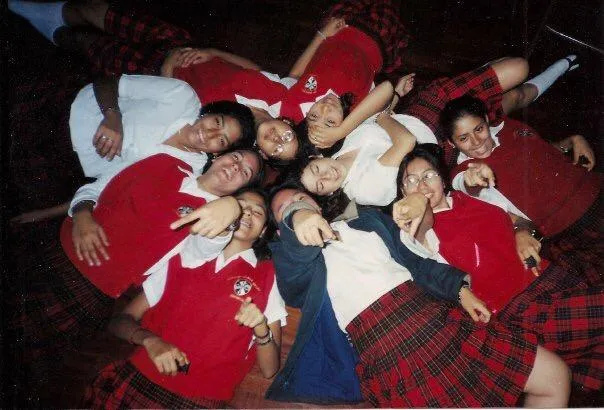
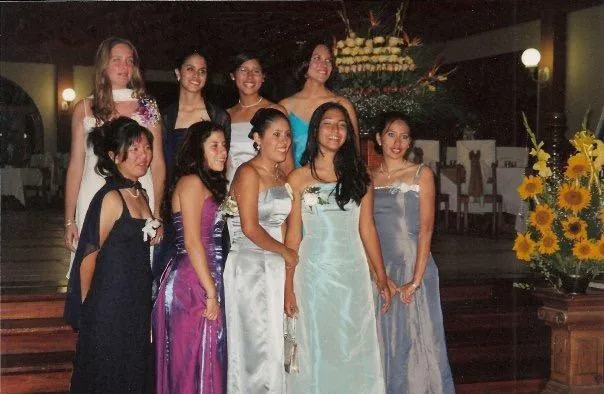
My mom had been a rebel in her own way too, and she saw herself in me. In those years when I felt misunderstood and undervalued, she was my anchor. She saw my spark, even when others only saw a problem. She encouraged me not to take everything at face value. Her advice? Quietly obey the rules just enough to get by—and then be unapologetically yourself behind the scenes. Her love kept me afloat. Without her, I might have been swallowed whole by a world that wanted me to shrink.
It was the first time I realized I had a voice. And that voice had power. Even if it made people uncomfortable.
The American Dream
Then came Chicago in 2005. My dad was transferred again—this time for another telecommunications project with a supplier company of Telefónica. So we packed our lives once more and landed in the U.S., this time as a family, chasing the classic American Dream.
America was hard. Up until that point, I had been under my dad’s financial wing—as many affluent parents do in Latin America. I had never worked before. I didn’t even realize how “good” we had it until I experienced the contrast.
Our lifestyle shrunk dramatically. Our home was smaller. Every dollar had to stretch. And not long after settling in, my dad was let go—his knowledge extracted, and then he was left jobless in a foreign country.
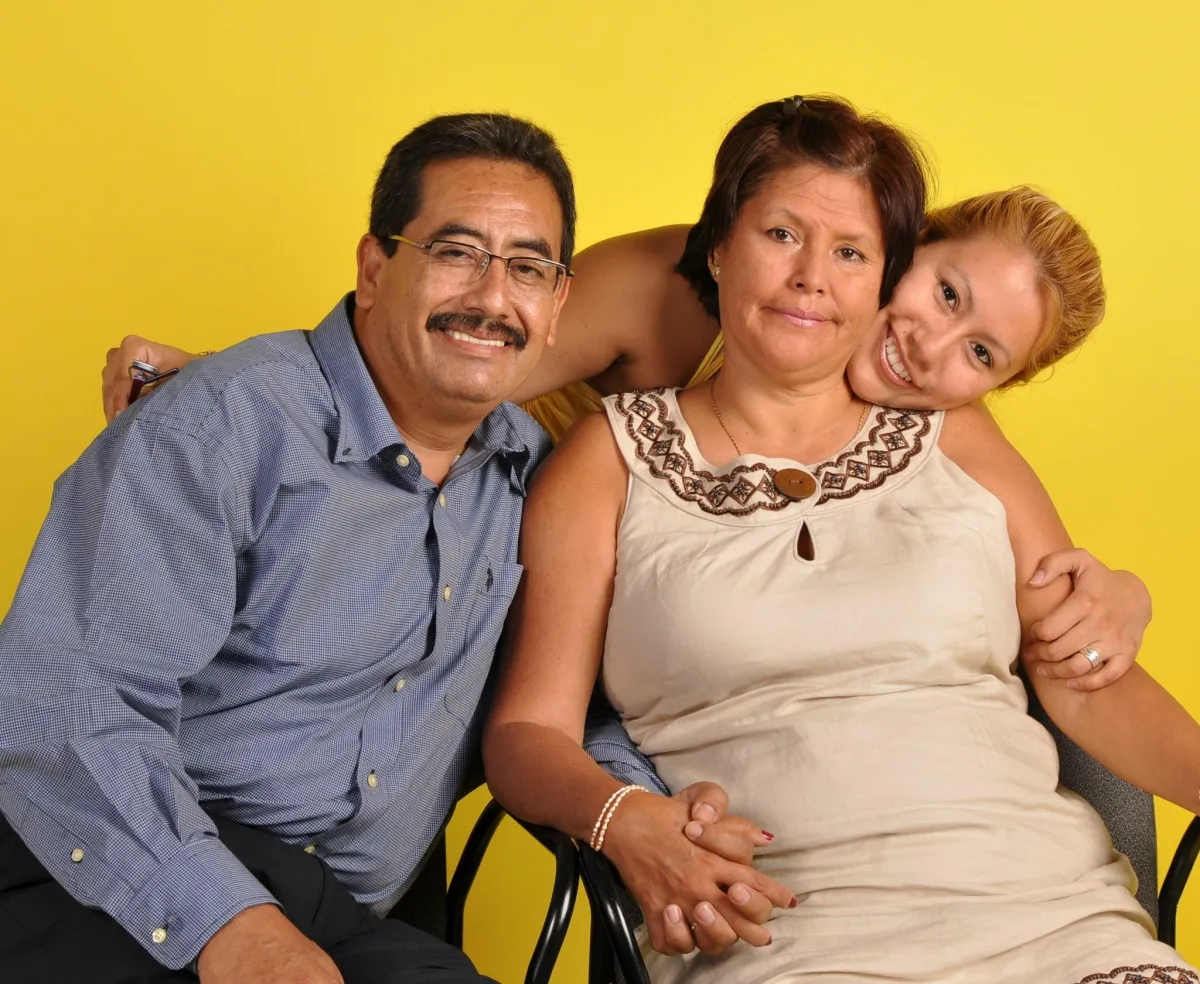
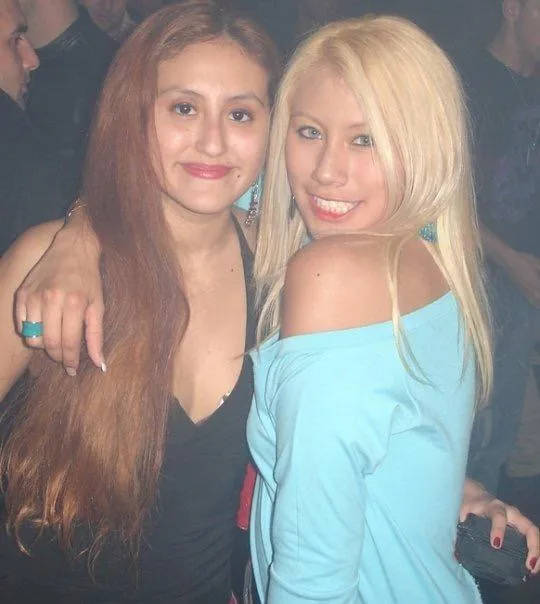
That was my first awakening to “real life.” I was 22. Karen, my sister, was 19. We both were smart kids but honestly clueless on what to do next.
I quickly got a job. Then two. Then more. There’s more to this chapter of my life—things I’ll share one day when I find the courage. But let’s leave it here for now. All I’ll say is that after that cold bucket of reality, we were officially in the game and learning to navigate the cultural nuances of Chicago.
I was hustling to pay for college—mine and my sister’s. Our student visas depended on it. Somehow, between paying bills, navigating a new culture, and surviving, I finished school. I studied Management of Information Systems (a type of project management) and marketing. I finished DePaul University with a double undergraduate degree.
And then? The 2008 recession hit.
Fresh out of college, there were no jobs for new grads. I took every internship and contract opportunity I could find. I worked in tech startups and built my skills. But even as I checked all the boxes, I felt that familiar nudge—this can’t be it. I wanted freedom. I wanted to build.
At 24, I launched my first business. I kept a full-time job in tech and always had a side hustle to make ends meet. That habit stuck. And it’s never left me since.
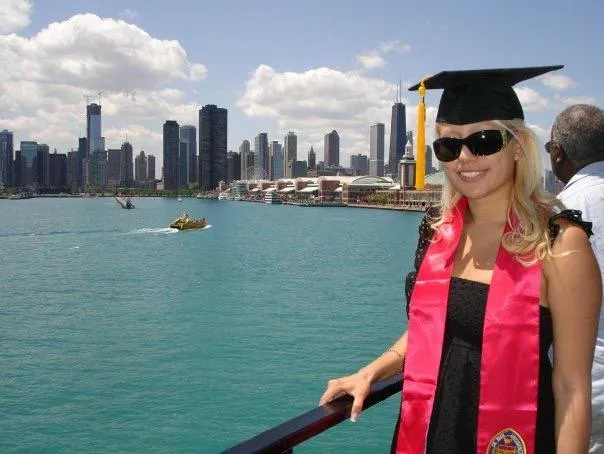
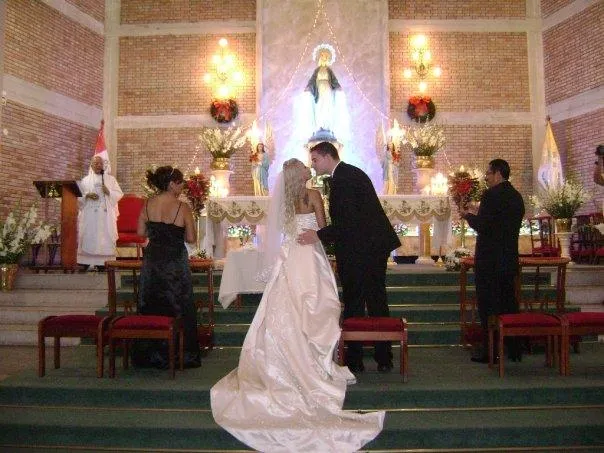
The Wedding...
After college, I married my Disney sweetheart. We had met a few years earlier during an internship in Disney, Orlando and decided to do things in the “proper” order—finish school, get married, build a life. We were two young dreamers navigating Chicago together in the middle of a recession, trying to make ends meet and keep our dreams alive.
That marriage lasted for quite a while—but not without its challenges, especially due to cultural differences. We were best friends and loved each other deeply. That love helped us endure much more than we expected, especially given the storm that was just around the corner.
The Shift: The Biggest Lesson Yet
In 2009, everything changed. My mom—young, fit, and vibrant—suffered a severe stroke caused by a rare genetic condition. After two brain surgeries, she was left in a wheelchair without being able to walk. Overnight, my sister and I became her caregivers. While my peers were climbing career ladders and building families, I was navigating hospital systems, wheelchairs, and emotional chaos.
When my dad left her soon after, while she was sick and enduring his own depression, it was just me and my sister holding the pieces.
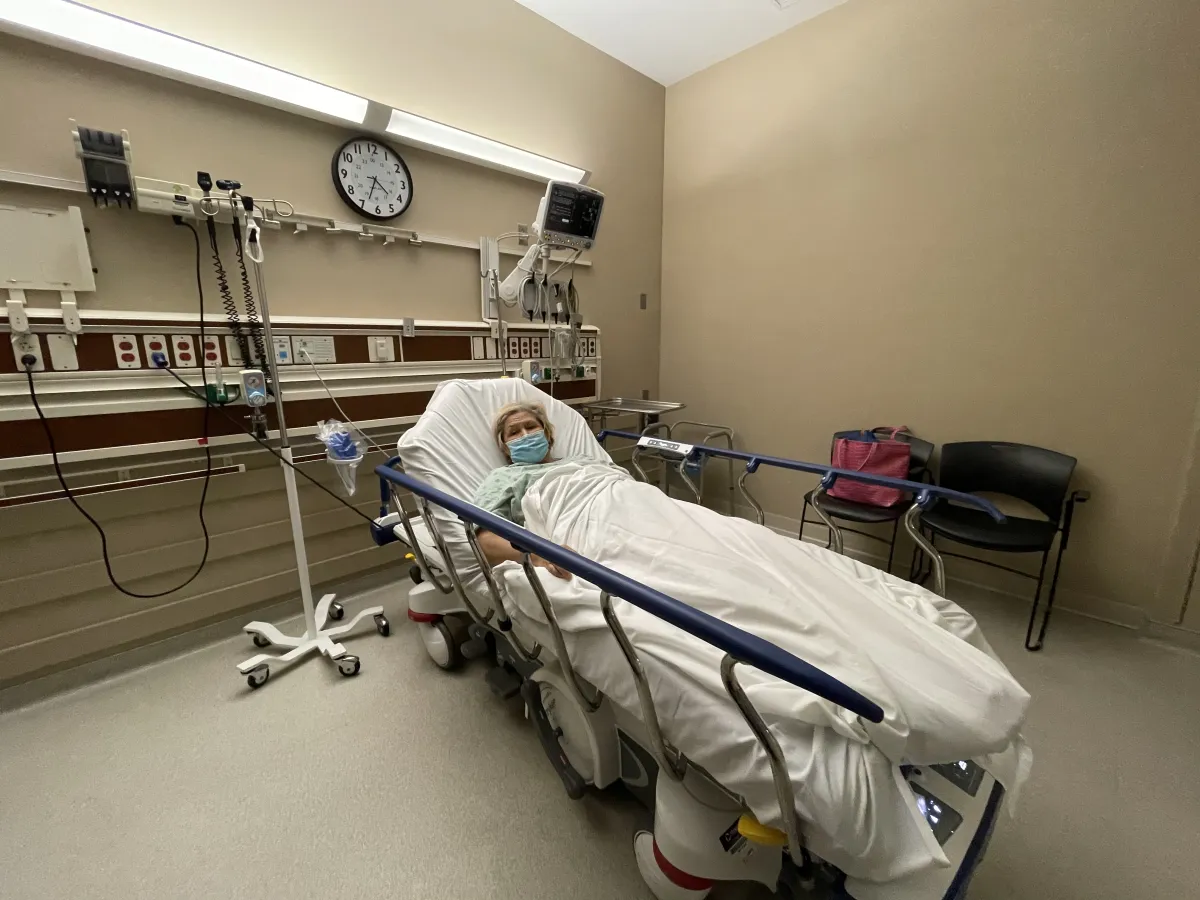
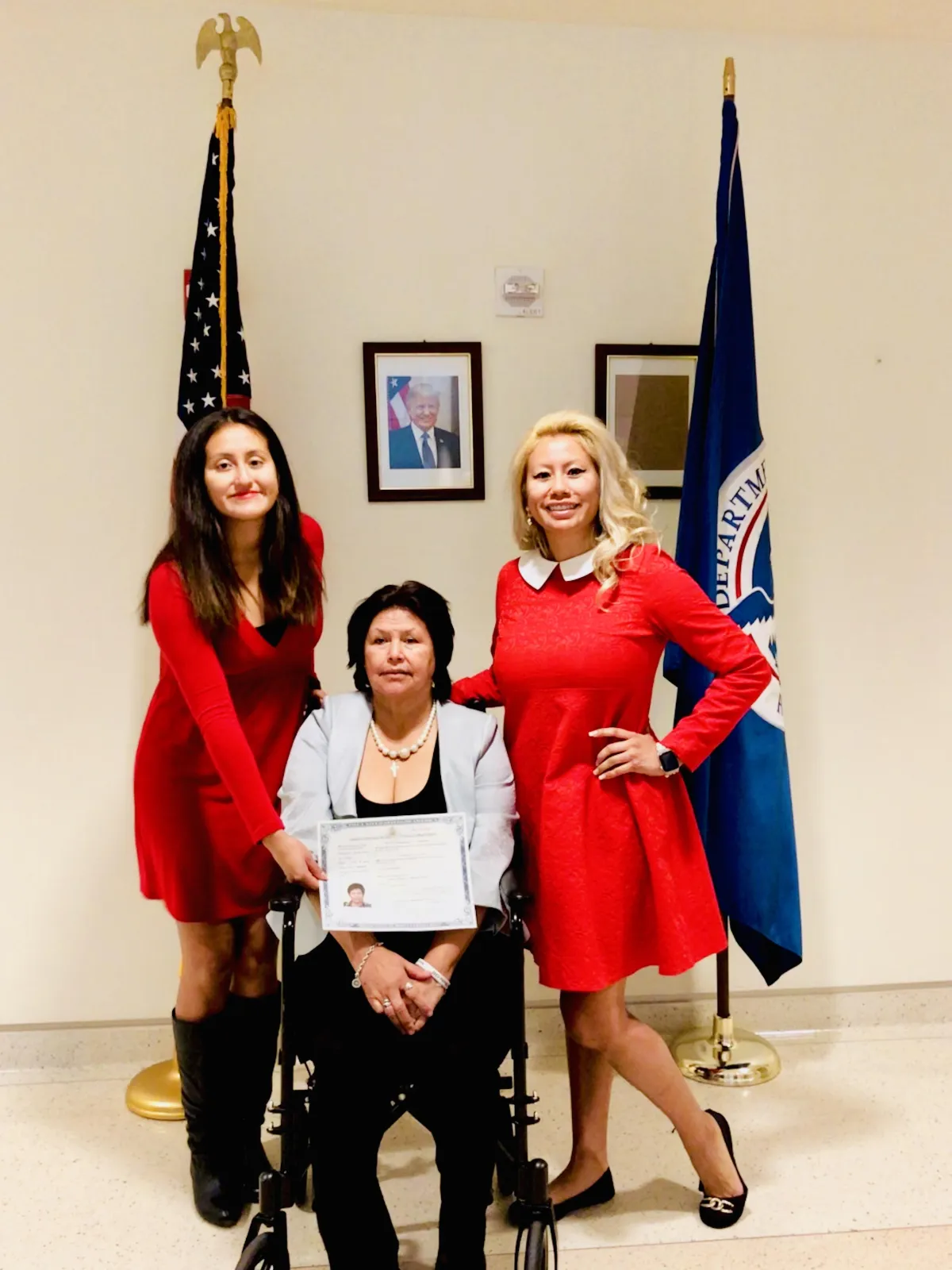
This "trauma" of seeing my loving dad leaving my mom in that stage nailed my heart in a deep way that I didn’t even know. But it created a scar of "men are not to be trusted" or "they leave when it gets hard." I didn’t know then what I know now, but that mined my relationship with my husband due to my own projections and fears of abandonment.
We had to make decisions very quickly, so we brought my mom to the U.S., secured her green card, her care, and her dignity. It cost us everything—and we’d do it again in a heartbeat.
We learned to bathe her, lift her, feed her, and manage her stubborn, beautiful spirit. She became a central part of our daily lives—not a burden, but a commitment rooted in love.
Although we had to pay for her full-time caregiver at home so we could work, it meant we had to work even harder—not just to cover the cost, but to continue building our careers and living our own lives, knowing she was being cared for.
We took her everywhere: work events, road trips, vacations, even travel to places like Alaska, Peru, and Mexico. We made it work through pure grit, faith, and an unbreakable family bond.
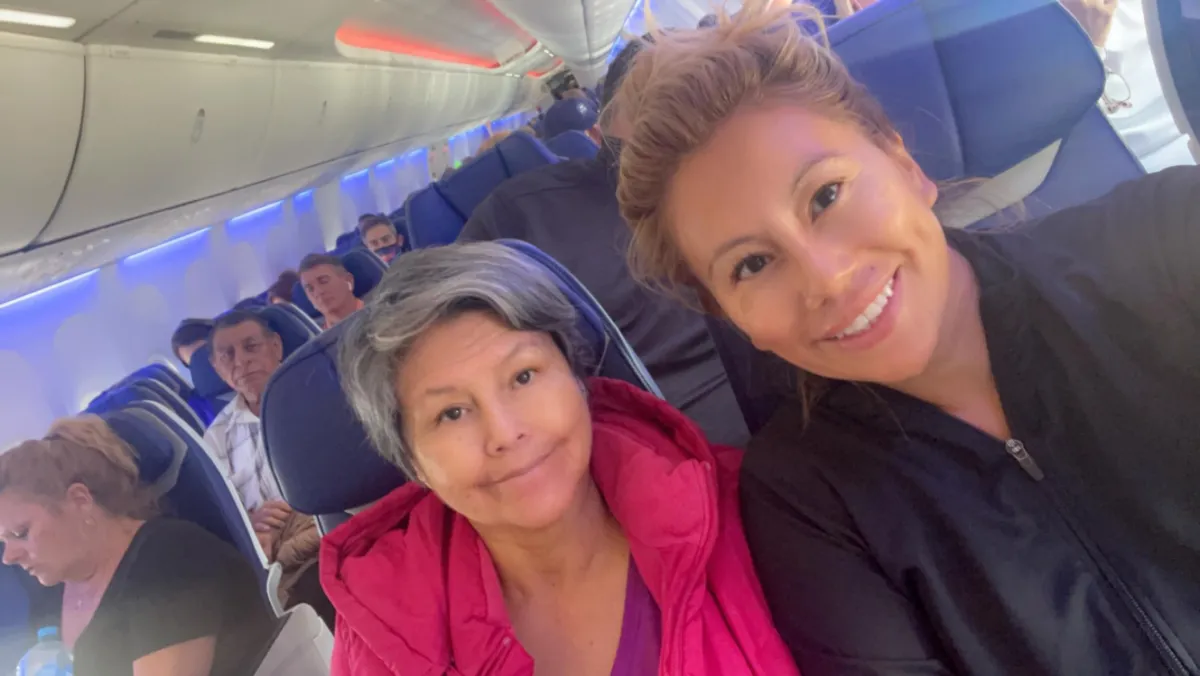
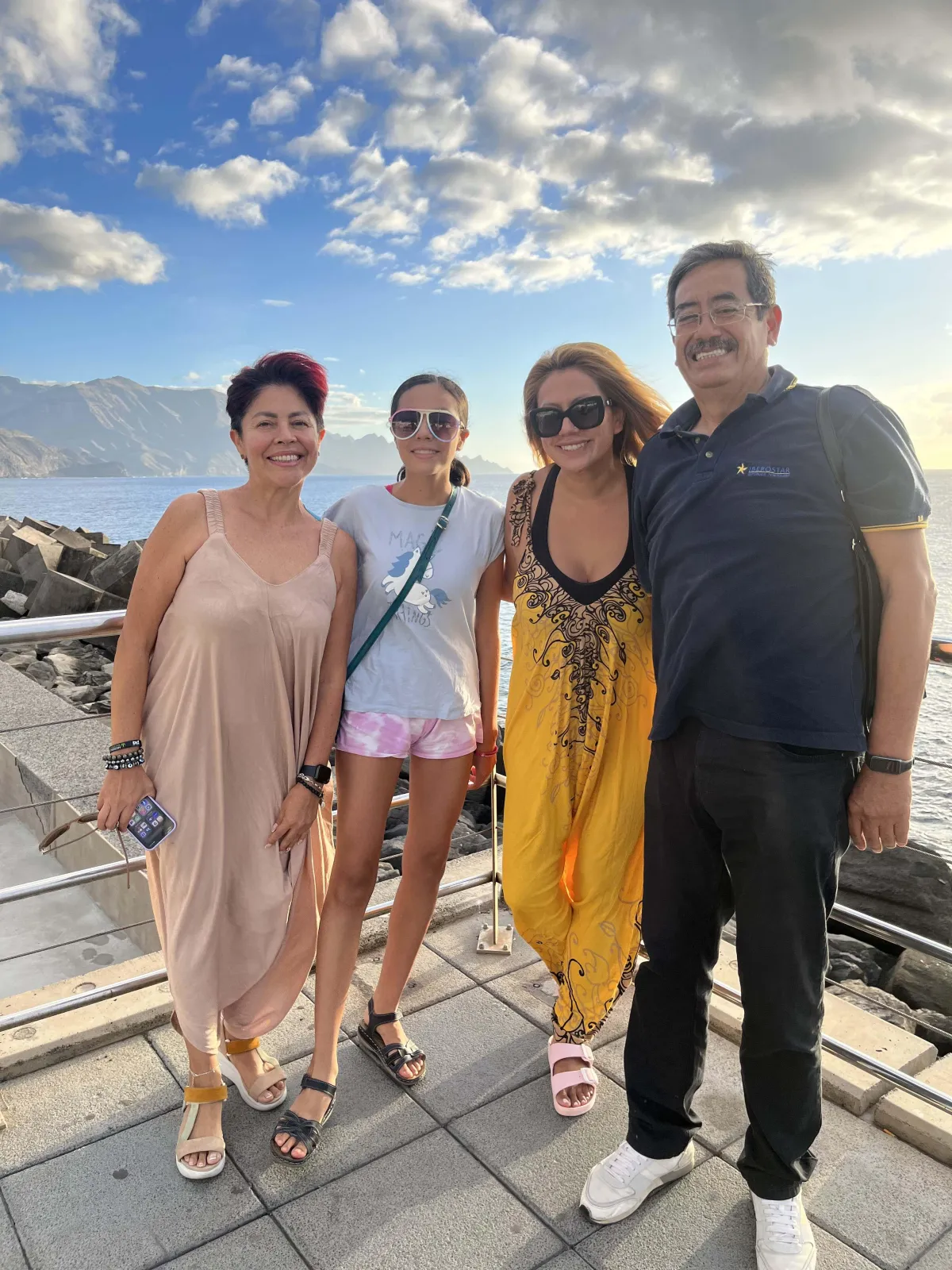
For many years, I carried resentment toward my dad. He left when we needed him most—right when my mom’s health collapsed and our world shifted. While my sister and I were barely managing our first attempt at adulthood, he had the chance to rebuild his life—twice. We were left to figure things out, often overwhelmed, heartbroken, and silently angry. That unspoken pain showed up in other places too—both my sister and I ended up divorcing our partners, in part because of the emotional weight we never unpacked.
Forgiving my dad wasn’t about him —it was about setting myself free. He now lives in Spain with his new family, raising my 13-year-old half-sister. He’s still finding himself. Aren’t we all? Life has a way of rerouting us through choices we think are ours alone, but those decisions often ripple into others’ lives too. Still, even those detours come with their own lessons.
Despite everything, he was a generous father. We never lacked anything materially. He provided, he supported—but he was also absent in ways that mattered. His obsession with work kept him distant. And though he was physically present for many years, when he left, the emotional absence caught up with us. We weren’t children, but that didn’t make the loss any smaller. It still left a mark.
With time, we’ve learned to accept him as he is—imperfect, evolving human. Holding onto pain didn’t protect us; it only blocked what was trying to grow. And it was only by releasing the weight of resentment that I was finally able to step into healthier, more honest relationships—with others, and with myself.
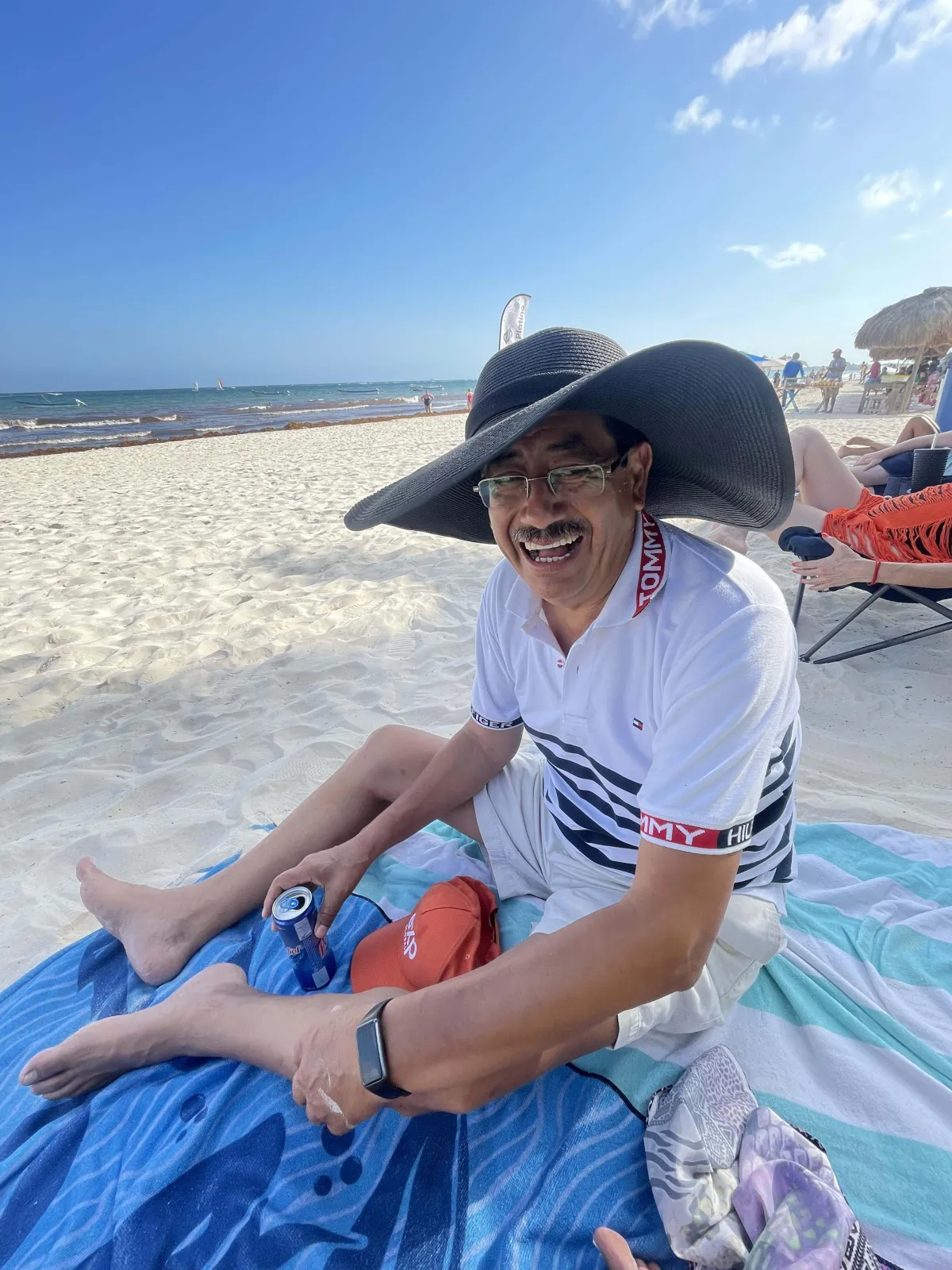
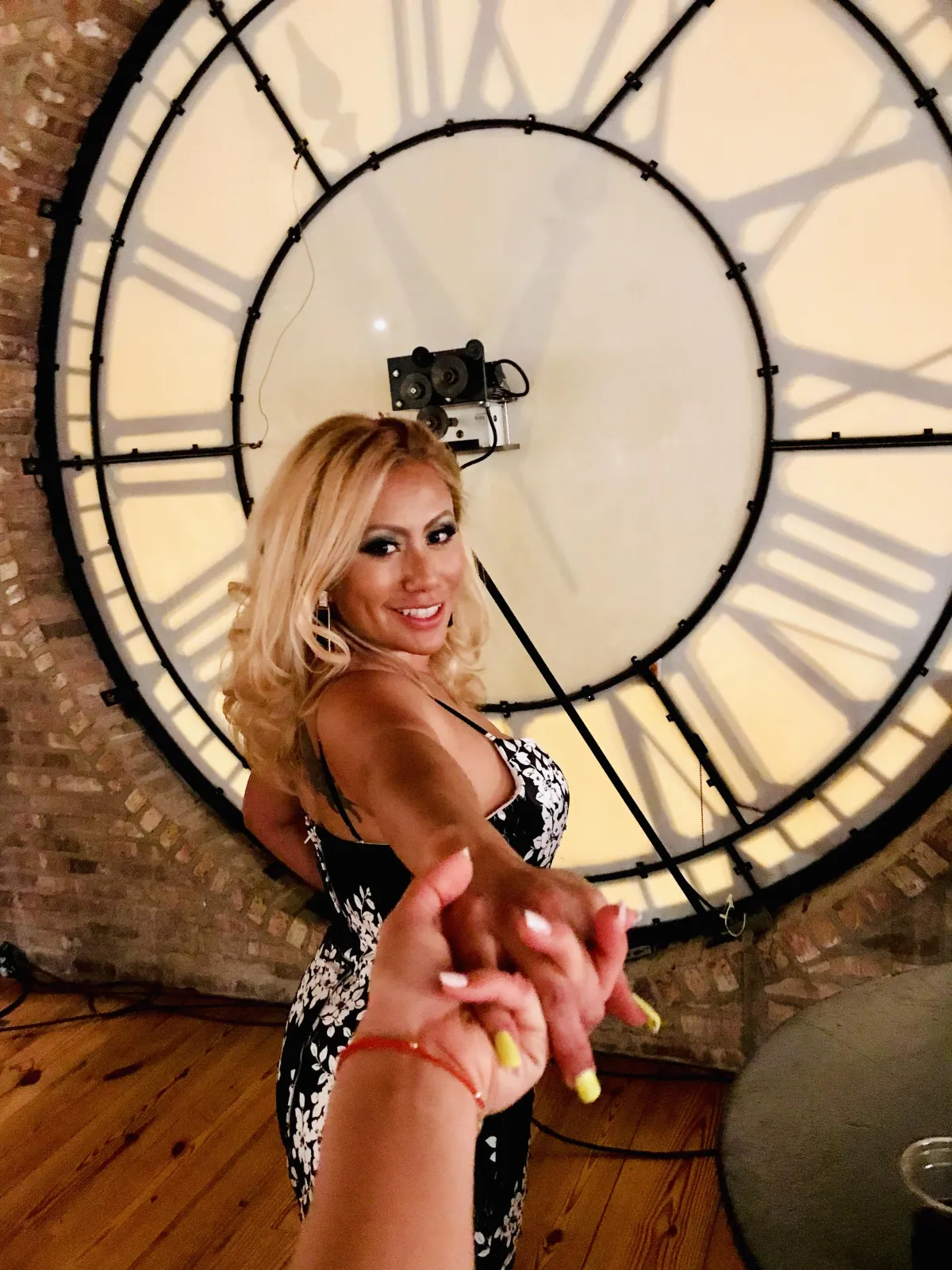
Even a beautiful marriage that ended with peace taught me one of life’s most valuable lessons: how to release expectations and truly live for myself. I’ve stopped pointing fingers. I've stopped waiting. I now understand—deeply—that we are each responsible for our own happiness.
After a relentless rollercoaster of endurance, breathless survival, failed startups, corporate layoffs, love, loss, trauma, mistaken beliefs, cultural conditioning, and falling back in love—I’ve arrived somewhere new. A place where I no longer need to prove anything. A place where I can just be.
I’ve had many beautiful relationships, but today I can say: I lack nothing, I chase nothing. I don’t live under anyone’s standards. I don’t follow the rules—I write my own. I live fully because the worst has already happened. And now, I get to be present. I find beauty in the details, even in the silence. Especially in the silence.
I attract what the universe has for me. Opportunities find me. I’m open to receive them. Of course, I have goals and ambitions—but it’s no longer about chasing. It’s about alignment. It’s about calling in the right people, the right moments.
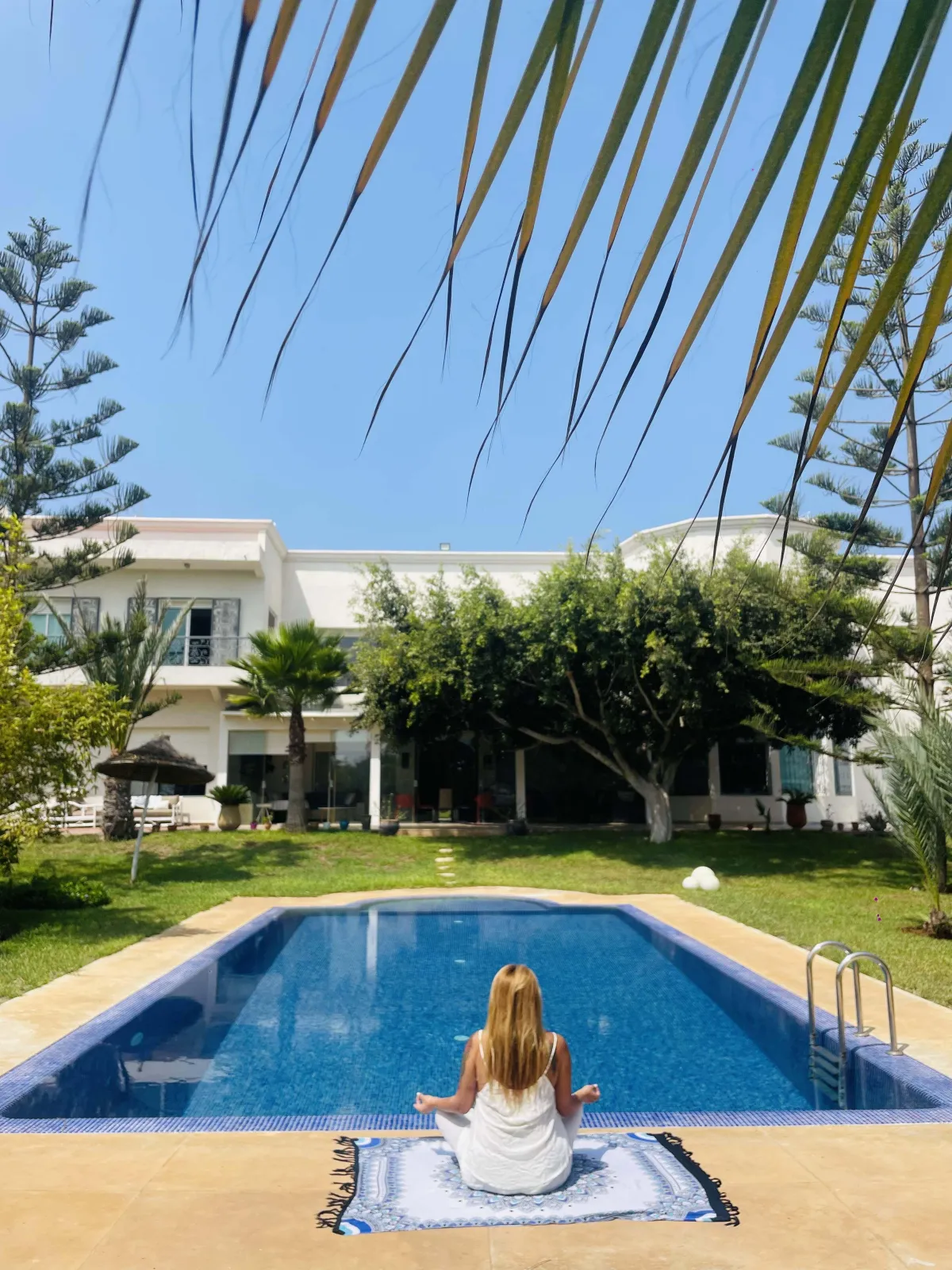
The Unicorn is Born
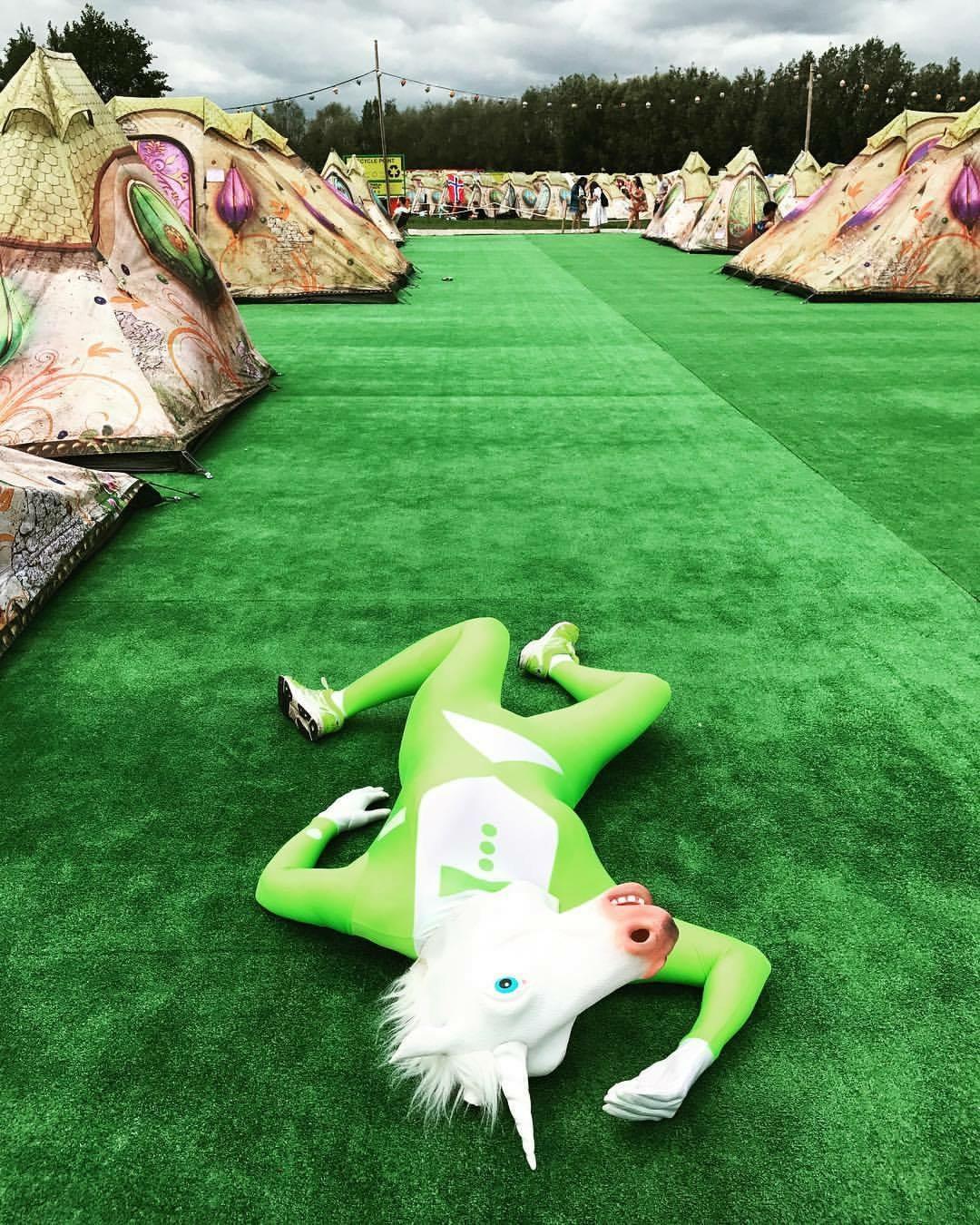
In the midst of chaos is where I find my greatest inspiration.
✨ The story of how Unicorn Properties was born is coming soon...
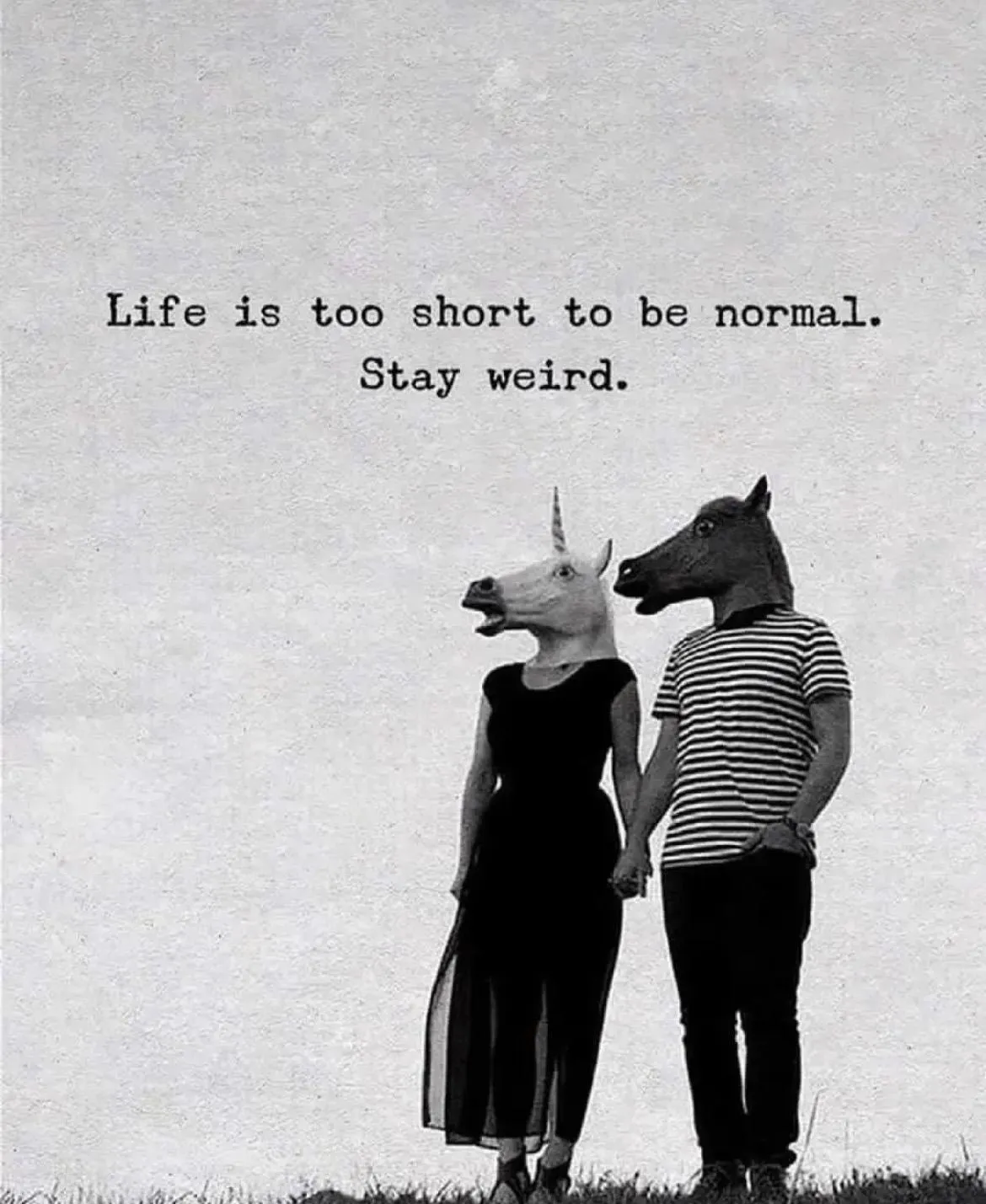
Current Situation
And now, in the real estate space, I’ve tried it all. I’ve invested in properties across multiple U.S. states and abroad. I’ve managed long-term rentals, short-term rentals, and Airbnbs. I’ve made money, lost money, gotten back up, and done it all over again. My passion is learning by doing—to feel the adrenaline of the unknown.
I’ve built, flipped, renovated homes, painted walls, picked up raw materials at Home Depot, and directed grown men who looked at me like I was just a little girl. I learned to stand my ground, navigate different personalities, read between the lines, and adapt like a chameleon in every situation. I adjust quickly and shift my approach as needed to get the job done.
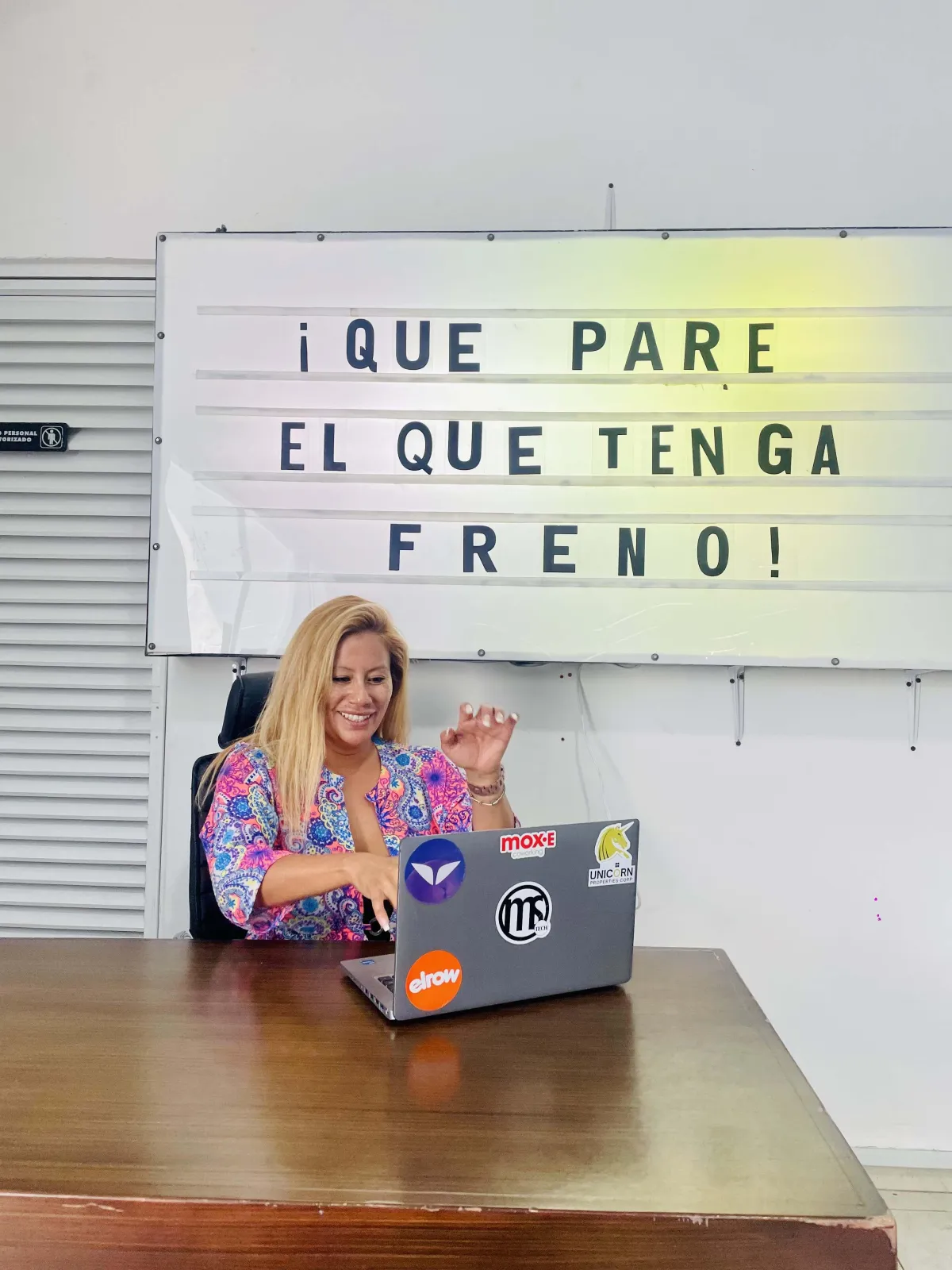
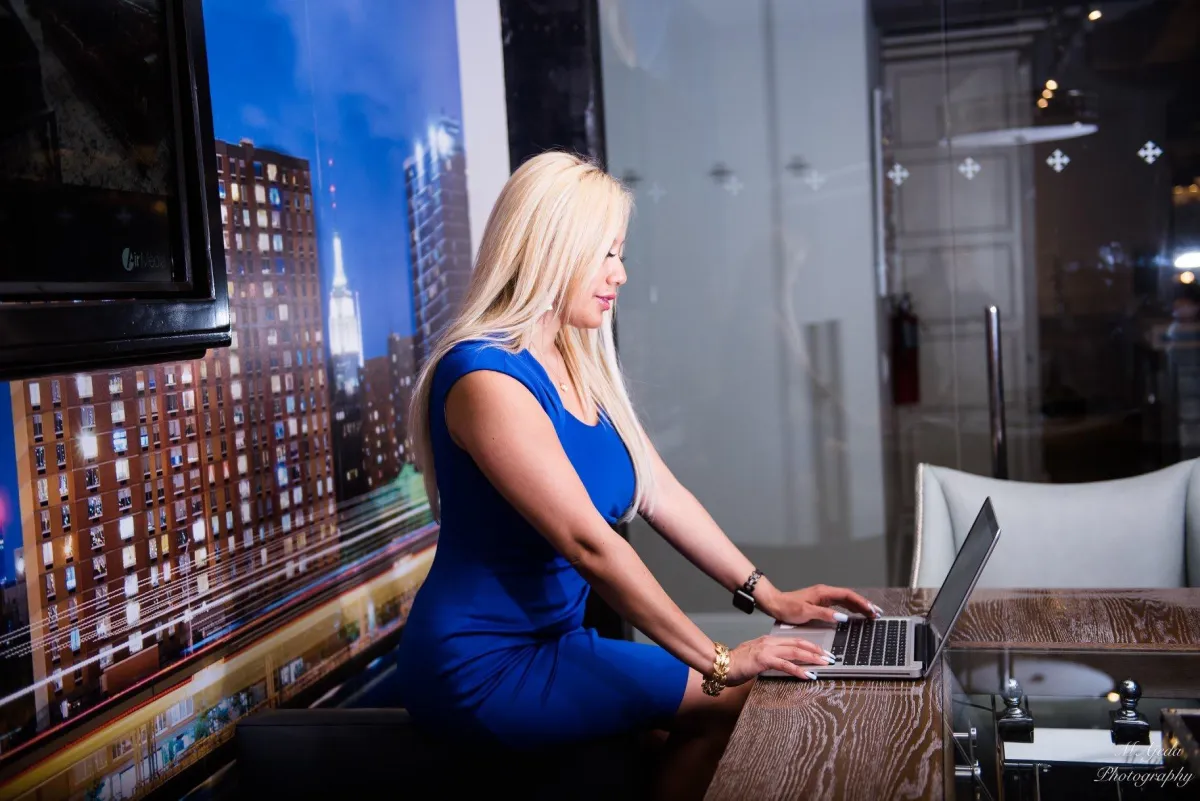
I’ve led meetings with C-level executives and construction crews alike—neither group took me seriously at first. Maybe it’s because I’ve always looked younger or seemed less experienced.
But I’ve learned to use being underestimated as a tool. It’s helped me understand what truly moves people—and meet them at that human level: to be seen, to be heard, to be understood. To matter.
I currently build real estate teams worldwide, train them, create opportunities, and study global markets through real, boots-on-the-ground research. Not just from books or trends, but by living months at a time in different countries—speaking with locals and facing challenges that AI hasn’t even caught up with.
I’ve always said I’m street smart—and book smart when I need to be. I hold a master’s degree in life. These lessons are so rich, I wouldn’t trade them for anything.
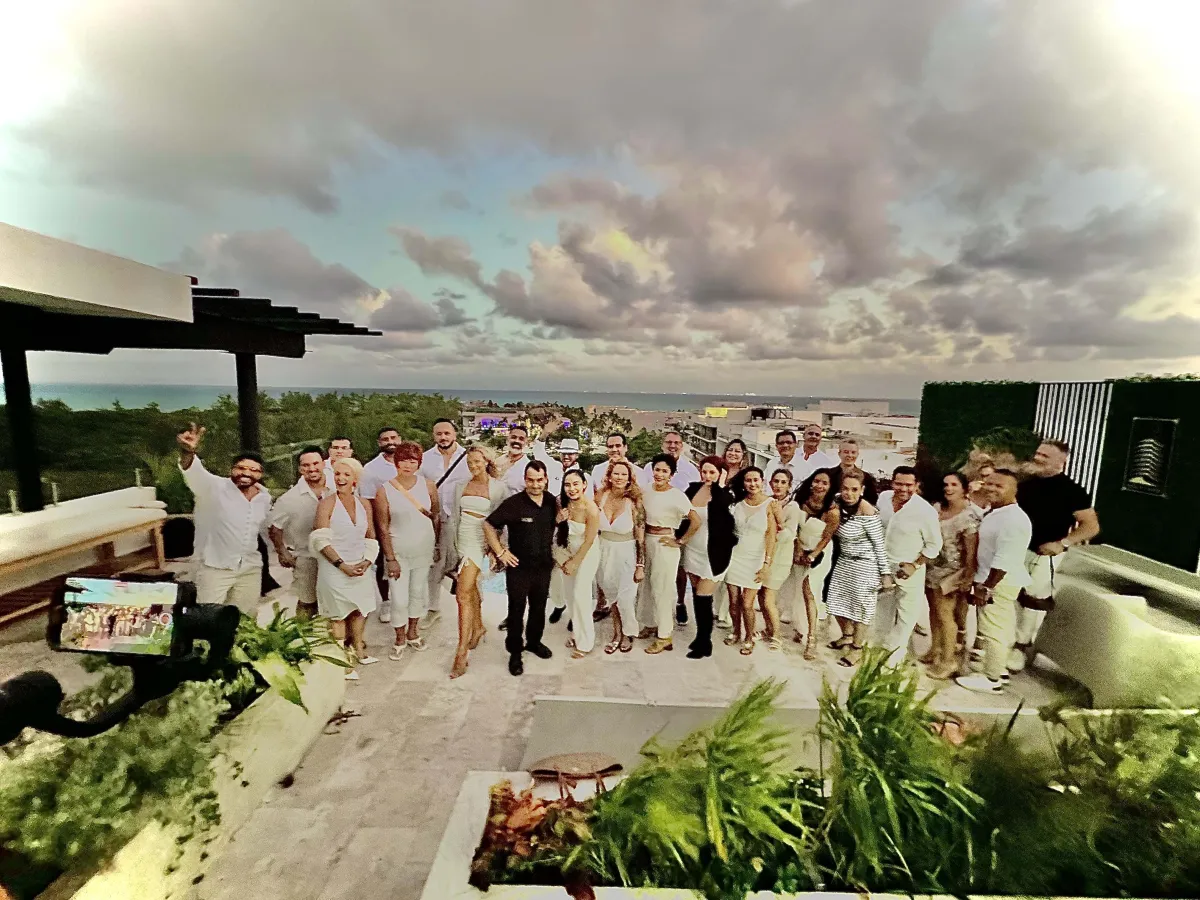
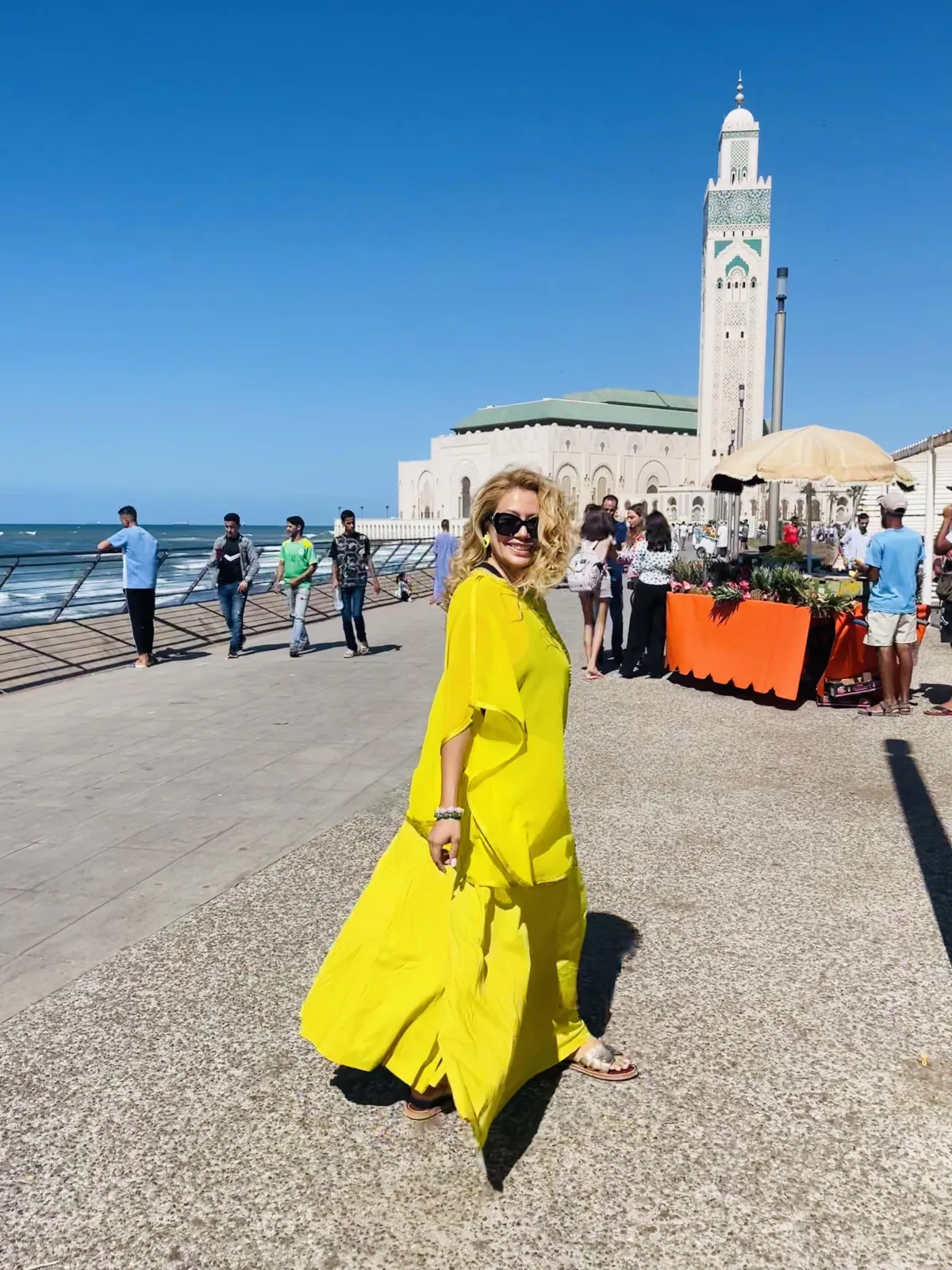
Today, in my 40s, I’m grateful life happened fast. I believe in failing fast and moving on even faster. Take the hit and get back up—over and over again. After all, I’m only 40. These life lessons could’ve arrived at 60, when I’d have less energy to live and fall in love with life, again and again.
I’m now living a life that aligns with my soul: I mix real estate, travel, storytelling, and purpose. I’m a creator at heart—something the nuns once told me wasn’t a 'good enough' skill to have. They said I should focus on math and become a doctor or engineer instead.
But that was the ‘90s, we were in survival mode back then, and we were all being pushed through a cookie-cutter system. Part of my healing journey has been learning to love that side of me again and embracing the rough edges I was once told to hide.
I’m lucky to live fully and unapologetically—a way of life many don’t dare to pursue. When people see me, they either think I’m crazy… or they wonder how I do it. The truth? It’s not complicated. I just wake up every day—and do it.
Several Ayahuasca journeys later, tons of inner work, and a daily commitment to progress over perfection—fear no longer exists in my vocabulary.
I work and live wherever life and intuition take me—and I do business in some of the most remote corners of this incredible world. I spend real time with my teams—weeks at a time, one-on-one, boots on the ground. And weekends? They’re nothing like life back in Chicago.
Chicago gave me everything, but I’ve done it all there—every festival, party, cultural event, street fair, jazz fest, and concert. I’ve checked every box. Now I enjoy being in nature more than anything—feeling the wind, hearing the birds... you know, what some people would call “the hippie stuff.”
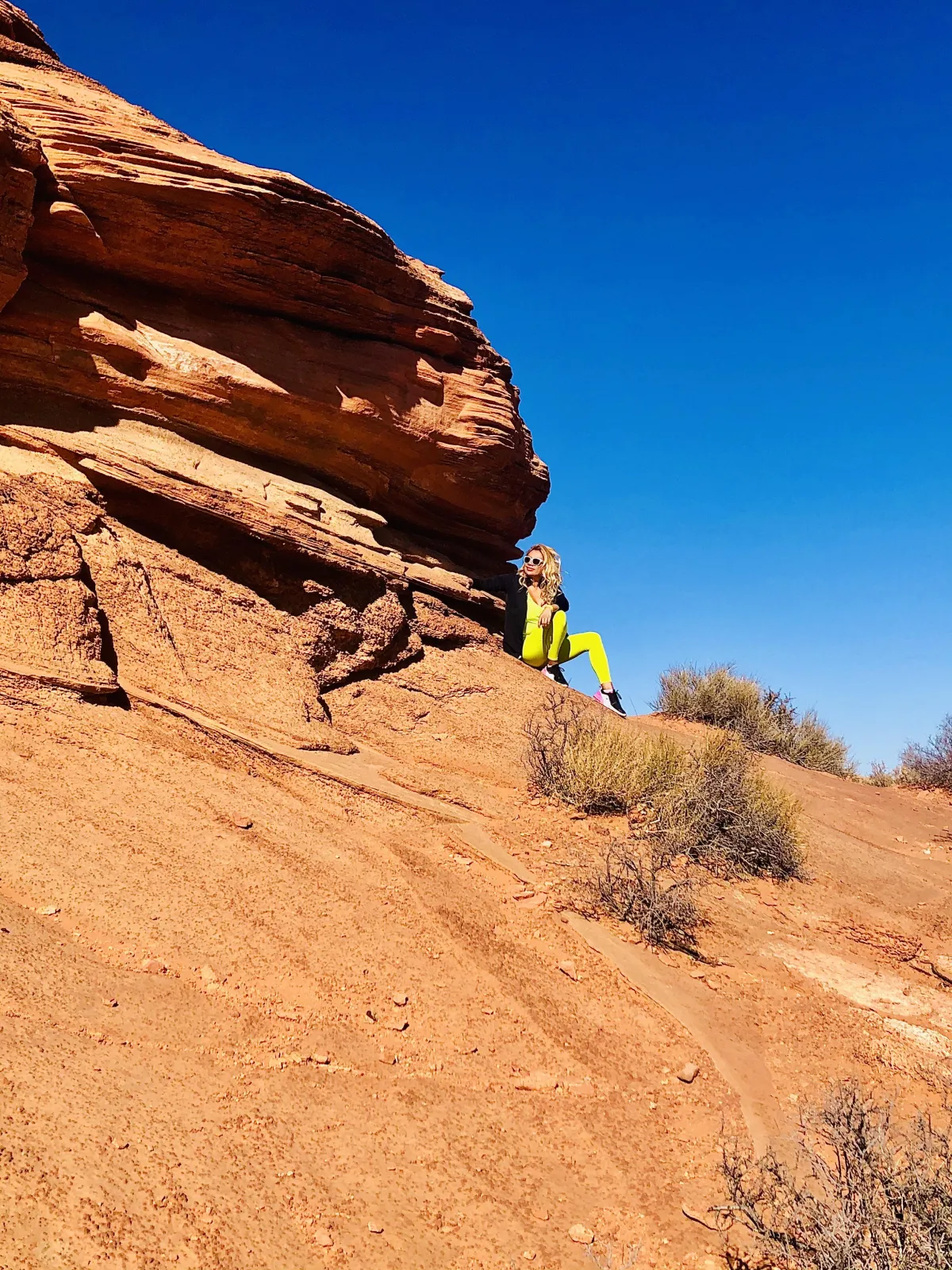
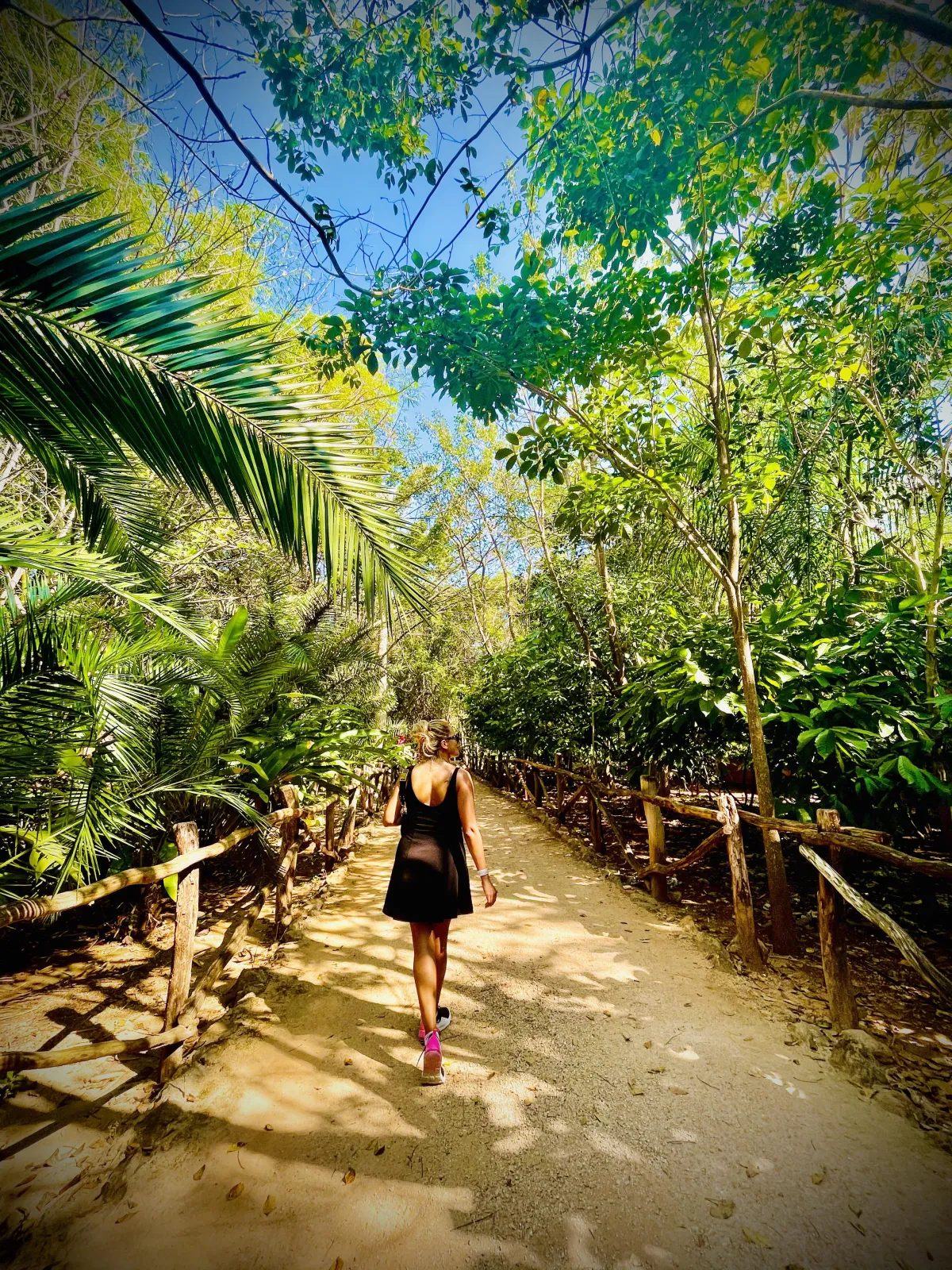
These days my weekends are an adventure. I take time for myself—something I never allowed before because I was a full-blown workaholic. Back then, I masked my pain with “productivity.”
Each weekend unfolds in a different corner of the world. I discover new cultures, flavors, and places—and more importantly, I connect with locals in ways that shift how I see the world… and how we do business. I journal every day about these findings and share them with my community.
I live with peace in my heart. And if it all ended tomorrow, I know—with full certainty—that I’d go smiling. I left no stone unturned. I tried it all. I wasn’t afraid to fail. I did it anyway—despite the “fear” and all the uncertainty.
My mom is now stable, and we’re giving her the quality of life she deserves. We traded snow for sun and beaches—and even in a wheelchair, she still gets to experience the world. It’s not always easy. Many countries lack the accessibility the U.S. offers, but we make it work. We always find a way.
She shaped who I am and how I face life. That rebel child—the so-called black sheep—was really a black swan in disguise. The ugly duckling who evolved, accepted herself, and reconnected with her inner child.
If it weren’t for my mom, I wouldn’t be the person I am today. Without her strength and all the lessons she taught me, I would’ve lived to please others—stuck in comfort, afraid to stand out. But she showed me a different path.
Thank you, Carmen. You are my greatest teacher.
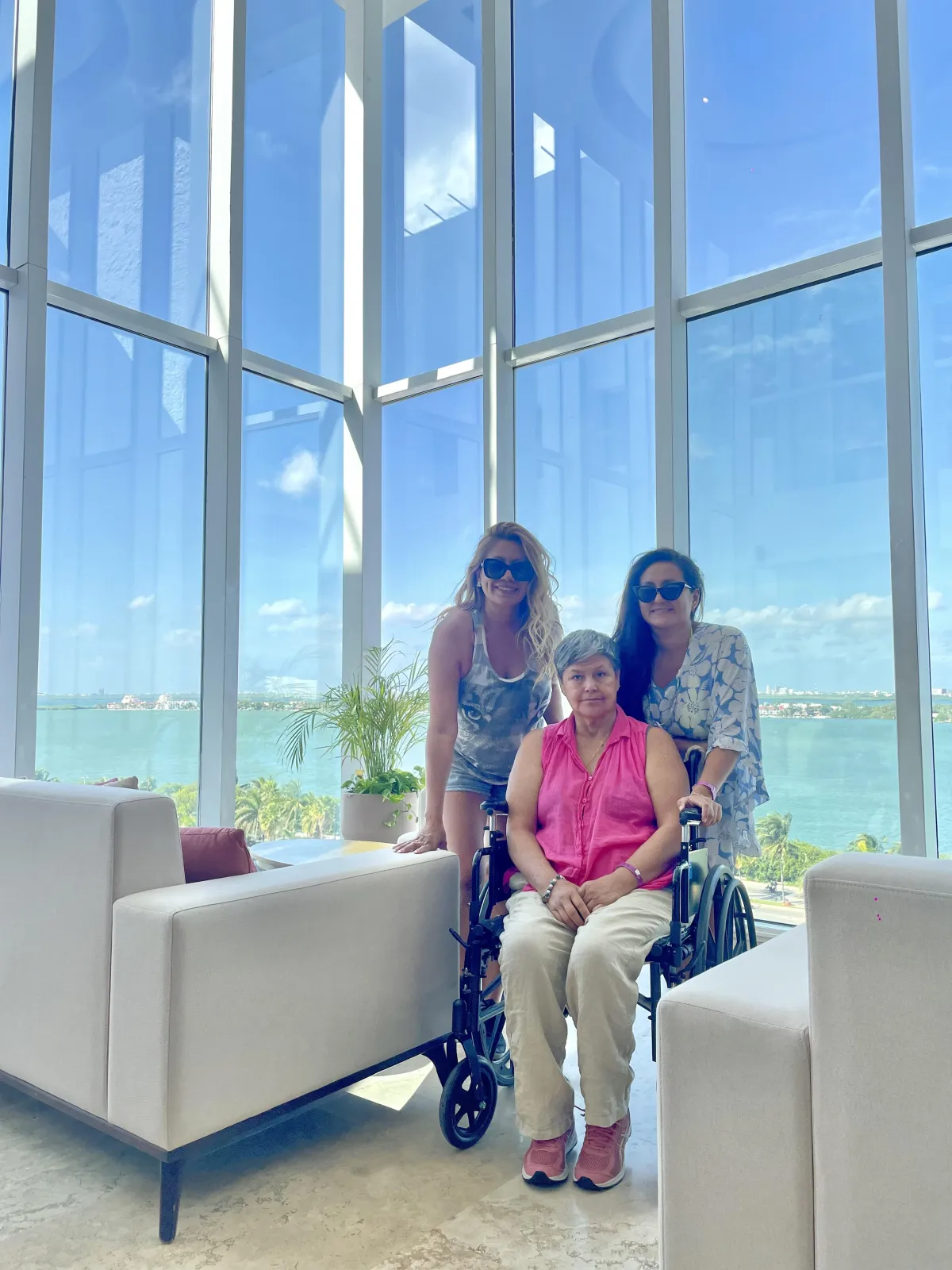
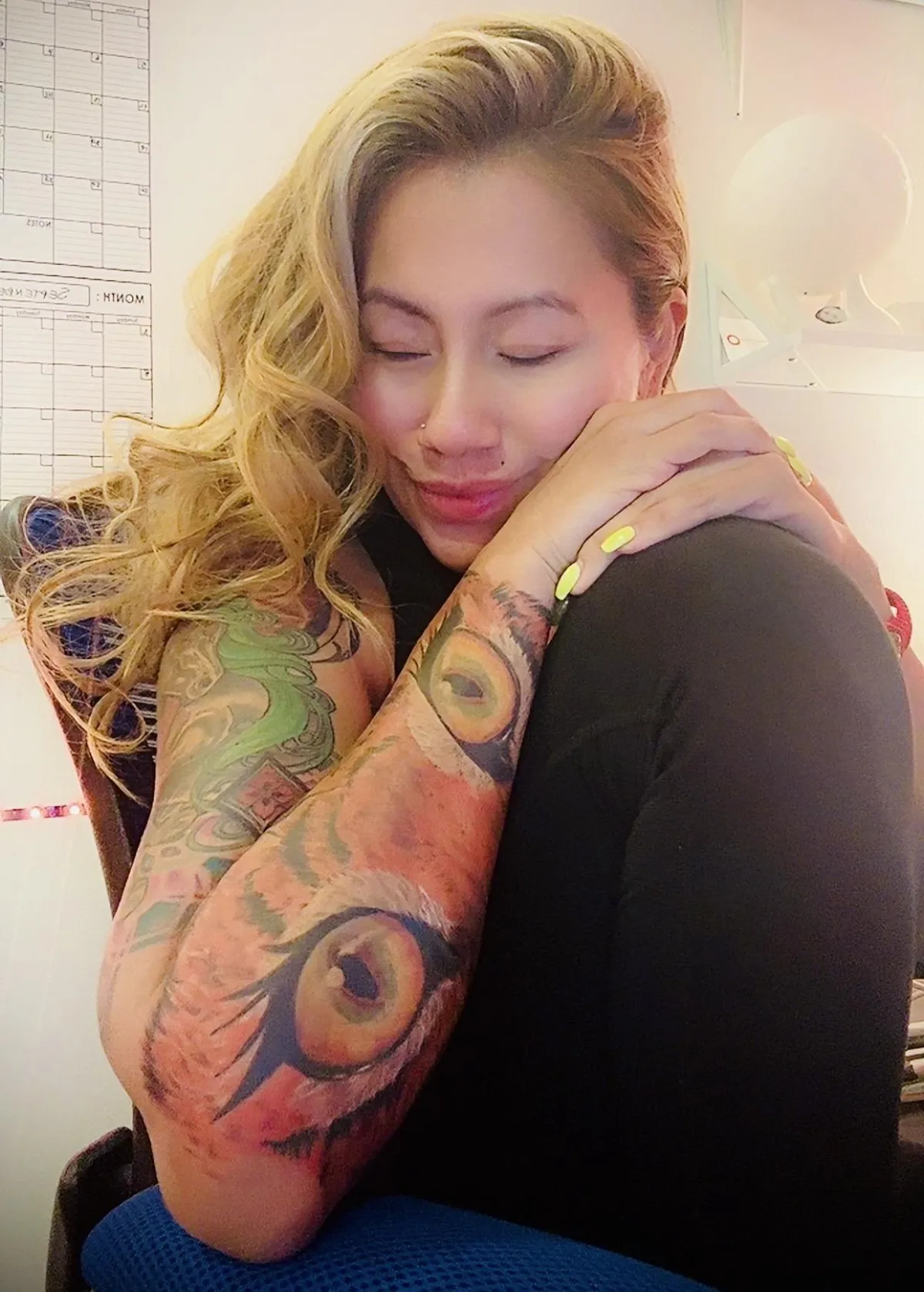
And guess what? I don’t hide my tattoos, my voice, or my truth. I’ve built a life rooted in connection, impact, and freedom. My spirituality is personal. I no longer seek validation or permission.
I feel free, loved, and fulfilled.
We build communities—and we hope this energy reaches you too, and that you’ll join us on one of our adventures.
There’s nothing like living in purpose. I wish the same for you on your own journey. And hopefully, we’ll cross paths soon.
Wishing you love, light, and connection 🫶
Nathaly
